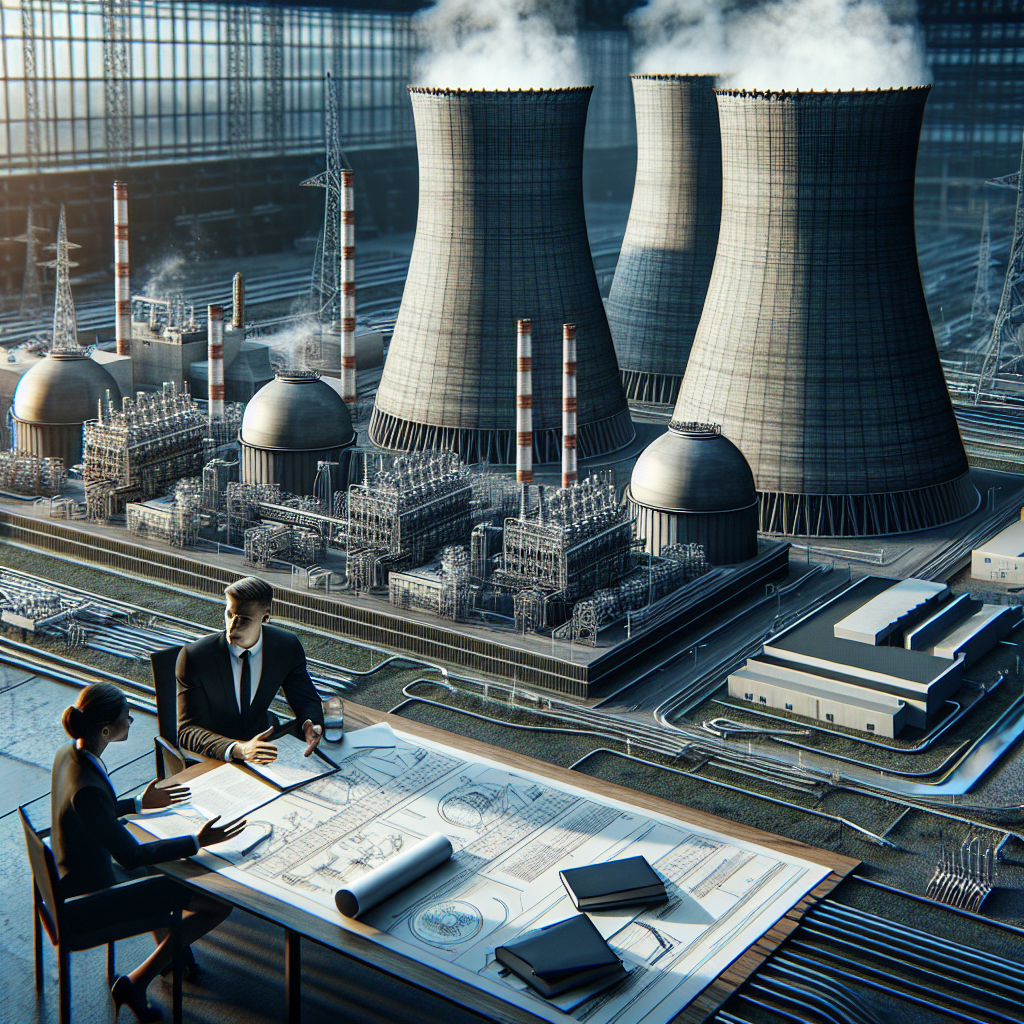IAEA Director General Rafael Mariano Grossi engaged with Slovenian leaders, civil society, and the media today, ahead of a key referendum on expanding the country’s nuclear power programme. Grossi participated in a forum on nuclear energy at the Presidential Palace in Ljubljana, chaired by Prime Minister Robert Golob, with politicians, industry leaders, energy experts, and media representatives in attendance.
In his opening remarks, Grossi praised Slovenia’s strong foundation in nuclear energy. "Slovenia has a fine tradition of nuclear operation," he said. "With sophisticated technology and know-how, you have a great advantage for future plans." He noted that the country’s only operational nuclear reactor at the Krško Nuclear Power Plant, which started in 1983, currently provides almost 37% of Slovenia’s electricity. This reactor was recently approved for a lifespan extension, from 40 to 60 years, ensuring its continued contribution to the country’s energy mix.
During his visit to the Krško plant, Grossi emphasized that nuclear energy plays a critical role in reducing emissions and achieving Slovenia’s climate goals. "With Slovenia’s experience and the need for carbon-free energy options, it makes sense to continue on this path," he stated.
Slovenia is now considering expanding its nuclear capabilities with the JEK2 project, which would add a second reactor at the Krško site, potentially providing up to 2400 MWe of capacity using advanced GEN III or GEN III+ pressurized water reactor technology. The expansion would further bolster the country’s ability to reduce carbon emissions and meet energy security needs. The decision will be put to a public referendum in November.
Grossi also addressed questions from the Slovenian media, emphasizing the importance of informed public debate on nuclear energy. "I have seen much interest here in the details of nuclear energy—cost, waste, and safety. These are valid concerns, and I’m happy to address them," he said. Grossi noted that there seems to be broad consensus within Slovenia on the benefits of expanding nuclear energy, but ultimately, the decision lies with the Slovenian people.
In his discussions, Grossi underscored the role of nuclear power in supporting the global transition to clean energy, highlighting the need for a balanced energy mix. "You cannot have full reliance on one energy source. Renewable energy is indispensable, but base load energy is crucial to power a full economy," he said. "Many countries, including major economies, are turning to nuclear because it offers the stable energy output required for industrial and economic growth."
Following meetings with political leaders, including Bojan Kumer, Slovenia’s Minister of the Environment, Climate and Energy, Grossi also engaged with student groups on the future of nuclear energy, fostering further dialogue on the potential role of nuclear power in the country’s clean energy transition.
As the November referendum approaches, Grossi's visit highlights the ongoing discussion in Slovenia about how best to secure a sustainable and reliable energy future, with nuclear power playing a potentially central role.











